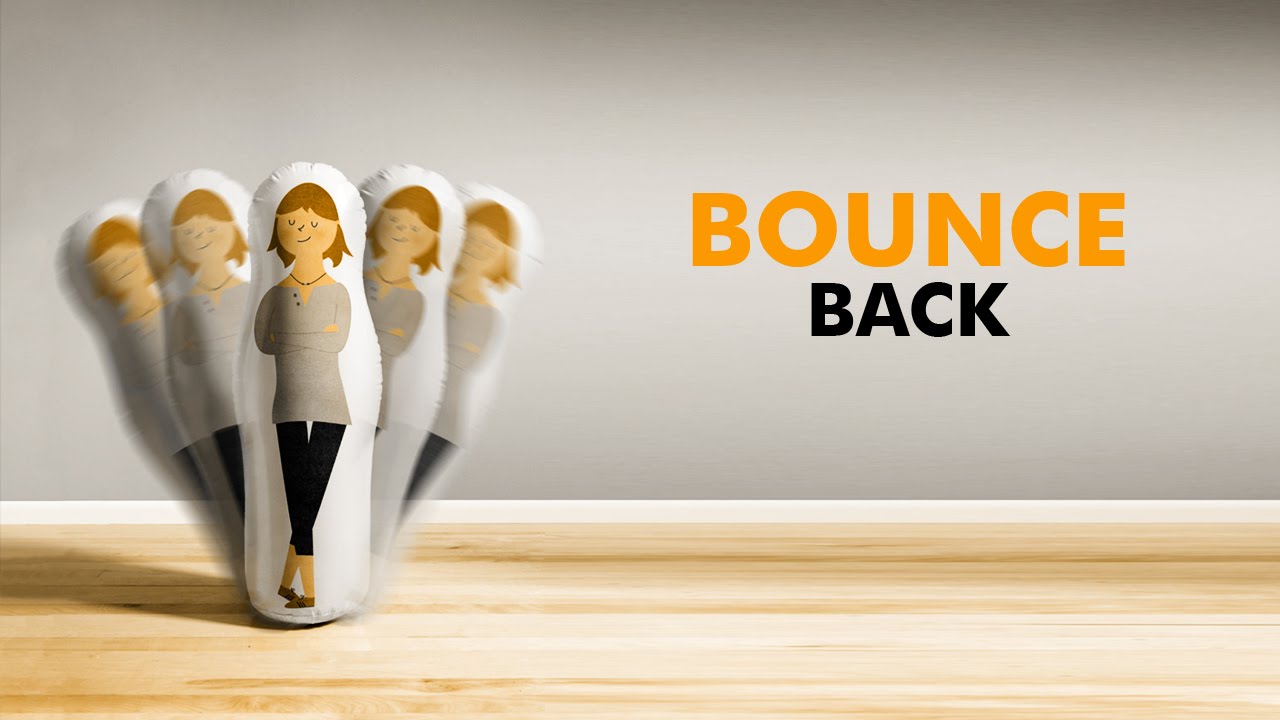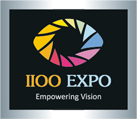Bouncing Back After COVID Lockdown - Keeping our Patients and Staff Safe
·
Environmental Safety.
·
Minimize Crowds.
·
Minimize
the duration of stay of patients in the center
·
Social Distancing and Hand hygiene
·
Patient safety measures
·
Staff safety measures
·
Being open to new suggestions, guidelines, discoveries to modify
our protocols
The measures being taken
to achieve these goals are:
· Maintaining
good ventilation by keeping the doors and windows open. Avoiding
Air-conditioners
· Entry
from the front of the building and exit from the back of the building to avoid
crowding and smooth flow of patients
· Regular
mopping of the floor and all the surfaces with disinfectant 3 times a day
· Regular
mopping with the disinfectant of the railing, switches, lift switches, handles,
keyboard, mouse, etc. every 2 hours
· Daily
fogging of the center with disinfectant once a day
· Posters
and Instructions about need for Mask a usage, Hand hygiene, cough etiquettes at
various points in the center
· Placement
of hand sanitizer dispensers at multiple locations in the center.
· Encouraging
patients to use the closed dustbins to discard their used tissue papers
· Avoid
nonimportant visits and visitors
· Minimize
visits of non-essential people like Vendors, Medical Representatives, Attendants
· No
attendant or maximum one attendant (for vulnerable patients)
· Universal
Face masks. Every staff and doctors to be wearing Surgical masks. Patients and
Attendants advised coming with their own masks on and ALWAYS to keep the mask
on. This is for your own safety and safety of others. Those who don’t have
masks would be provided a Sterile (autoclaved) Re-usable cloth mask at a
nominal charge.
· Ensure
the patients and attendants are wearing the mask properly, covering nose and
mouth at all the time during their stay at the center
· Health
Education regarding hygiene and prevention provided to everyone visiting the
center
· Pre-visit
and Pre-entry screening based on history and symptoms regarding COVID 19
infection: Fever, Cough, Breathlessness, H/o Contact with COVID positive
patients, Foreign travel, etc.
· Thermal
screening at the entrance for everyone (including patient, attendant, doctors,
staff, visitors), done by a guard wearing proper protection. If required, one
more staff member shall be posted to assist the guard.
· Everyone
entering the center washes their hands with Soap and Water. Install a washbasin
at entry point, just after the lockdown opens (area identified, and feasibility
done). Currently using a tap at the garage for the handwashing purpose
· Hand
sanitizer to every visitor at the gate provided by the guard and assistant
· Special
consent (about the risk of COVID infection) and Undertaking (about travel
history, symptoms, and need to inform us immediately if turn out to be COVID
positive in the near future of 2 weeks) to be taken from every visitor (patient
and attendant)
· No
walk-in patients, patients seen only with appointments. If a walk-in comes,
tell him to first talk on the phone, come only after appointment has given
(preferably payment taken) and history taken on the phone
· OPD
and IPD patients told firmly to maintain punctuality. This would help us in our
planning and to manage the crowds better
· No
tea/coffee service to the patients or staff
· Disposable
glasses for water / Consider selling plastic bottles of water
· No
magazines/ newspapers in the waiting room
· Social
distancing in the center for staff and patients to be followed strictly. Make a
senior staff responsible for ensuring the same
· Mark
the spaces with appropriate distances for standing and sitting
· Barriers
in front of counters of reception, pharmacy to maintain distance
· No
Optical shop activities
· Discourage
TPA and cashless cases, to minimize patient stay and paperwork. When we start,
take papers on email/WhatsApp.
· Encourage
non-cash payments. If taking cash, educate the cashier to sanitize hands
regularly
· Minimize
Lift use by patients, No lift use by staff
· Minimize
patient waiting and provide seats only to very needy patients
· Screening
area to be made at the entrance floor in open parking lot hall
· History
of patient and checking of previous records to be done before the patient
arrives. This is done when the patient books appointment on the phone. Previous
documents received on email/WhatsApp
· Keep
limited plastic chairs in the screening area for vulnerable patients. Chairs to
be washed with soap and water daily.
· Check
vision (patient standing) unaided, with glasses and with pinhole.
· Pinhole:
Use disposable pinhole (A cardboard with a hole) and dispose after use. Don’t
use trial frame for pinhole vision
· Screening
person checks the AC depth, pupils with a torch and then decides if dilatation
is required. If required, dilate in screening area
· Send
to OPD floor, only once the patient is ready for checkup
· No
NCT, no non-urgent refraction
· Proper
cleaning of the trial frame after refraction
· Explore
the option of standing AR and Refraction
· Slit-lamp
Guard installed for the safety of the doctor and patient
· Open
door policy. Keep all the door open, so as to minimize the need for touching
the doorknobs/handles. In OT, the doors to be opened by OT staff only and not
by the patients. Regular cleaning of OT and Bathroom door handles, locks.
· No
white coats for staff or doctors. To wear freshly laundered shirts
· Cough
and sneeze etiquette, Handwashing taught to the staff and to be re-inforced
regularly
· Faceguard
issued to every staff. All staff to wear it all the time along with the
surgical masks. They should clean the face guard with soap and water daily, or
whenever soiled
· No
biometric attendance for staff
· Avoid
cases under General Anesthesia as far as possible. Avoid sick patients for
surgeries as far as possible.
· No
Fluorescein Angiography, unless urgently indicated
· Modified
CPR guidelines during Corona epidemic (from British Resuscitation Council)
shared with staff and anesthetist team
The Workflow would be like this:
· FOE
confirms the need for a visit, discourages patients with non-urgent minor
problems. Briefly confirms that he is not suffering with COVID (fever, cough,
breathless, contact with COVID or foreign travel in the past 4 weeks)
· Gives
tentative appointment and notes phone no (mobile) and email
· Sends
Payment link, the Registration form (for new patients), Instructions to
patients, COVID declaration and COVID consent forms by WhatsApp and/or email.
Would try to get this process automated through our EMR systems.
· Once
the patient has made the payment and sent the filled forms by email or
WhatsApp, patient registered into the system, transferred to Optom login
· Senior
Optom/doctor calls the patient on phone, takes the relevant history, gets
previous documents on WhatsApp or email and attaches these to patient’s digital
records in the EMR software
· Decides
and defines the tentative plan of action on the day of visit (need for
refraction, need for dilatation, need for any investigations need for
surgery/injection)
· At
the time of the visit, the patient comes with the pre-signed printouts of the
registration form, declaration form, COVID consent form. He/she shows these
forms and then drops them in a collection tray (to be collected and filed at
the end of the day). If he/she comes without a printout, the forms are filled
at the center (using his own or gifted pen) and dropped in the collection tray
· If
required, video conferencing facility used (mobile with camera kept near the
staircase on entry floor) to discuss the history with the doctor/optom who is
sitting in the OPD floor above (use Counselor’s room for this)
· Every
patient gets a vision test in the parking area with vision charts and cardboard
disposable pinhole. A torchlight exam to rule out shallow AC, any other
contraindication to dilatation done by assistant (Optom)
· Keep
a few socially distanced plastic chairs for elderly/vulnerable patients or
those getting dilated
· Make
two vision testing stations at the screening area
· Those
who need dilatation, are dilated (they buy the fresh dilating drop)
· Keep
a laptop with software in the screening area to register the patient and to
enter vision findings
· Optometrists
in screening area do not touch patients or papers. Sanitise hands immediately
if need to touch.
· Patients
requiring refraction AR, Refraction (clean trial frame after use with
sterilium). Consider the option of standing AR/Refraction
· Doctor’s
room: Avoid direct ophthalmoscopy, do indirect ophthalmoscopy, slit-lamp only
if required (or else torch and indirect ophthalmoscope)
· Fundus
photo and OCT and Retinal laser and YAG laser is ok with precautions
· Avoid
Syringing, Refraction, FFA, and HFA if not urgent
· Maintain
good sterilization practices for contact probes/lenses like A scan, Laser lenses
· Counseling
for surgery to be done by a doctor, decides the package. Then the booking form
etc. sent to the patient by email/WhatsApp
· No
surgery booking without advance payment
· Avoid
TPA/credit Panel cases
· Discontinue
charitable OPD. For emergency cases of poor patients, can see them free at the
discretion of screening Optom/doctor
· OT
timing: 9 am reporting of patients. 10 am to 11 am OT time.
· OPD
time: give appointments from 11 am to 6 pm. 4 OPD appointments per hour
We understand that these changes would cause some inconvenience to
the doctors, staff and patients. It would also slightly compromise the quality
of care. But we have to strike a fine balance between the safety from Corona
infection and efficacy of our systems to ensure that we continue to serve our
patients to best of our abilities. We all have to work together. We are going
to rely on the great Synergy in
efforts of our management, doctors, staff and patients. I would appreciate any
suggestions. Please email me your inputs at [email protected]g
Together we shall all come out stronger.
Stay Safe, Stay Healthy.
Dr. Vinay Garodia
Director,
Synergy Visitech Eye
Centre
www.visitech.org

